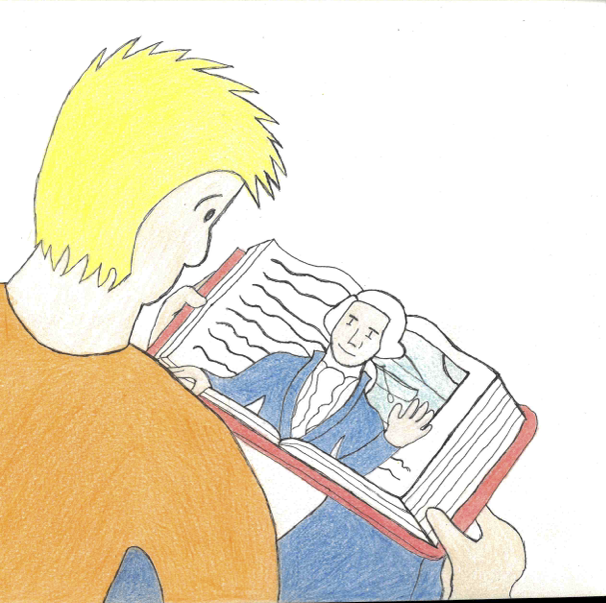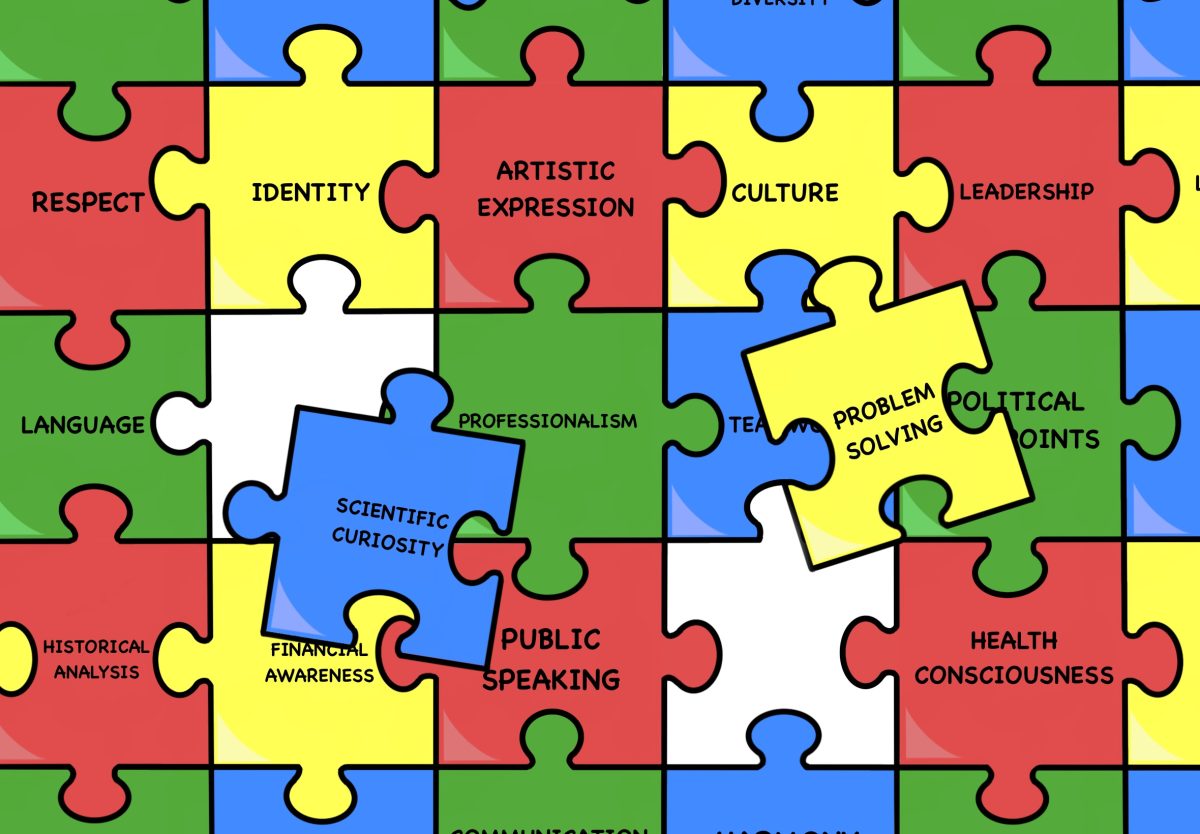In my three years at Furman, I have taken a lot of humanities courses and tacked on a Poverty Studies concentration with my major. However, it seems like every time I step into a humanities course, people stare at me like a zoo animal. The reason? My psychology major.
This occurs particularly in the Poverty Studies concentration and the religion department. The professors tend to think, “How on earth did this psych major sneak in? I didn’t think they got out of their rat labs or student experiments.” Other courses, like English literature, think I’m amusing because I can potentially psychoanalyze a specific fictional character from a modern novel.
Other students just shudder at my major and ask me tentatively, “Have you had Dr. Brewer yet? Don’t! He’ll ruin your GPA!” First year students especially like to tell me this. (Go figure.)
Because of these experiences, I feel compelled to “dispel a modicum of ignorance,” as Dr. Brewer says, surrounding the psychology major.
First and foremost, psychology as a science does not equal Sigmund Freud’s psychosexual theory of personality development. While this theory was the first theory to highlight the importance of unconscious processes and early childhood experiences, psychology as a whole does not revolve around the id, ego, superego, Oedipal/Electra Complexes, or phallic symbols.
Psychology is “the scientific study of behavioral and mental processes.” This covers everything from classical conditioning of saliva production in dogs to identifying the causes and effects of cyber-bullying on middle school students. If anything, we in the Furman Psychology Department revere John B. Watson, the founder of Behaviorism, which emphasized the influence of the environment on learning and not some repressed memory about our mothers.
Second, psychologists do indeed have a conscience and we do get out of our research labs. Talk to any one of the faculty and you will find passionate individuals who are up to date and concerned for the well-being of the world.
With their research, a few professors are looking at the effects of alcohol addiction, toluene addiction, and eating disorders to better treat these disordered behaviors. Some look at importance of interpersonal relationships, sustainability, and animal behavior. Others look at the mysteries of remembering things in the future and the placebo effect. One even shows students the effects of poverty in child development in Greenville and Namibia on the Southern Africa study abroad trip.
All of these research interests strive to show a more complete picture of the human experience, whether through basic or applied research. Not only that, we abide by a code of ethics based on the Nuremburg Trials and the Belmont Report from the Tuskegee syphilis study.
As for Dr. Brewer: he is the man, the myth, and the legend. Recognized all over the country (and by the American Psychological Association), he is one of Furman’s greatest celebrities. None of this negates the fact, however, that his tests will in fact crush your GPA if you do not study with “religious fervor.”
But the point of education in the psychology department (indeed, any department) isn’t to pass with flying colors. It’s to learn something, even if that means failing an assignment. This is perhaps the greatest lesson being a psychology major has taught me. In a culture where grades determine our self-worth, psychology strives to break that line of thought.
In brief, judge us psychology majors not by the rumors you hear about the department, but by the unique perspective we bring to class as a whole person. After all, we are not always our majors.
































